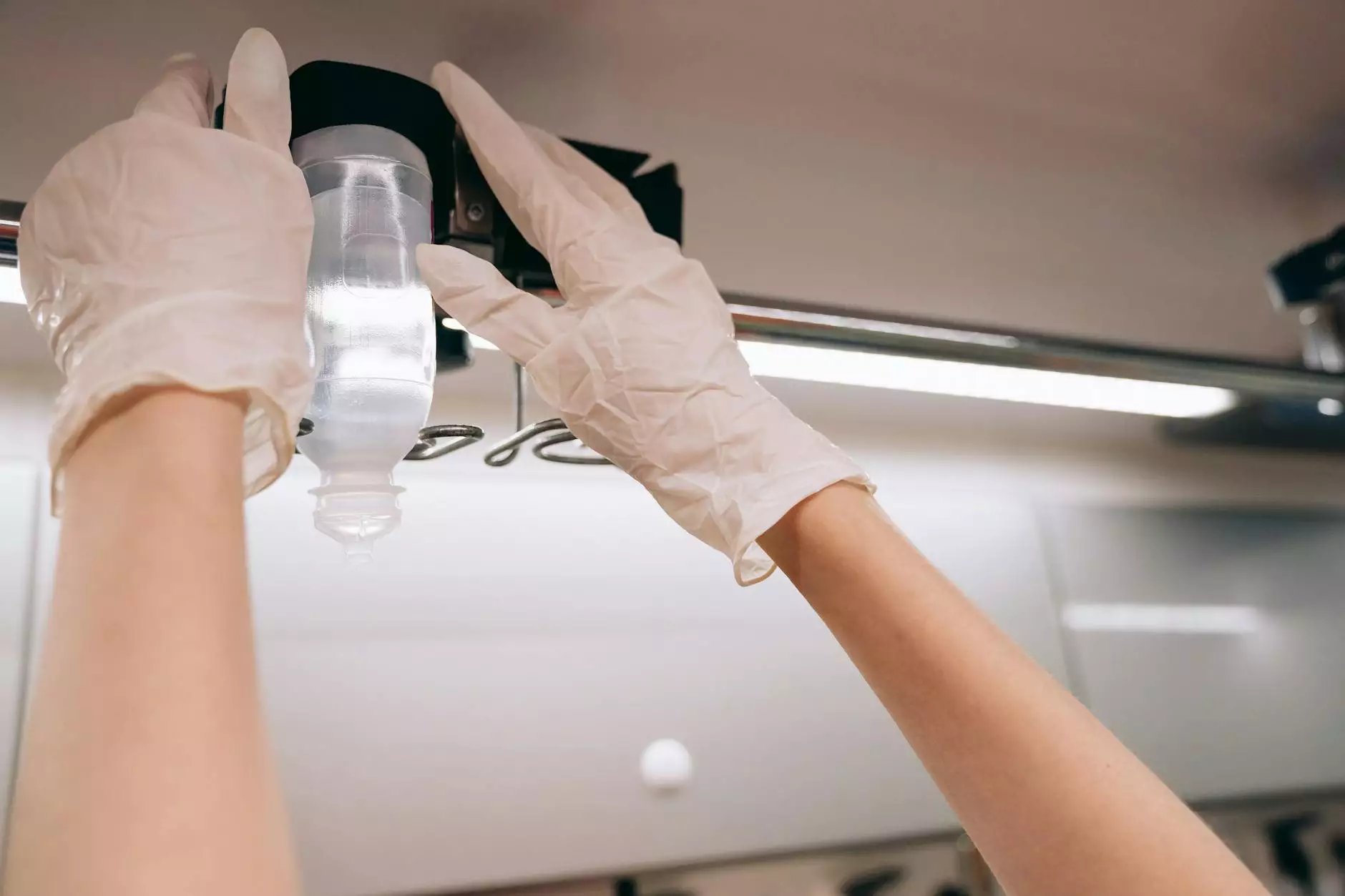Gastric Sleeve Turkey: The Ultimate Guide to Weight Loss Surgery

The world of weight loss surgery has evolved significantly over the years, with one of the most popular procedures being the gastric sleeve surgery. Particularly, patients seeking this procedure often find themselves exploring options in Turkey, a country renowned for its advanced medical services and affordable healthcare costs. In this comprehensive article, we'll delve into the intricacies of the gastric sleeve operation in Turkey, covering everything from the procedure itself to post-operative care, ensuring that you have all the information you need for making an informed decision.
What is Gastric Sleeve Surgery?
Gastric sleeve surgery, also known as sleeve gastrectomy, is a weight loss procedure that involves the removal of a significant portion of the stomach. This laparoscopic procedure helps to reduce the stomach's size, restricting the amount of food it can hold and consequently decreasing the caloric intake. Patients undergoing this surgery typically experience rapid weight loss, which can lead to significant health improvements.
Why Consider Gastric Sleeve in Turkey?
Turkey has become a global leader in medical tourism, particularly for weight loss surgeries like the gastric sleeve. Here are several reasons why choosing Turkey for your surgery can be advantageous:
- Affordable Costs: The cost of gastric sleeve surgery in Turkey is significantly lower than in many Western countries, often by 50-75%. This allows patients to access high-quality medical care without breaking the bank.
- Expert Surgeons: Turkey boasts a large number of highly qualified bariatric surgeons who are internationally trained and experienced in performing gastric sleeve surgeries.
- State-of-the-art Facilities: Many Turkish hospitals and clinics offer modern medical facilities, equipped with the latest technology to ensure safe and effective surgeries.
- Comprehensive Care: From initial consultations to post-operative follow-ups, Turkey offers a variety of patient care services, including transportation and accommodations, making the journey smooth for international patients.
The Gastric Sleeve Procedure: Step by Step
The process of undergoing a gastric sleeve procedure typically involves several key stages:
1. Consultation and Pre-operative Assessment
Before the surgery, patients will have a detailed consultation with their surgeon. This includes:
- An assessment of medical history and obesity-related conditions.
- Discussing potential risks and benefits of the surgery.
- Setting realistic weight loss goals and timelines.
- Pre-operative tests, such as blood tests and imaging studies.
2. The Surgical Procedure
The gastric sleeve surgery is typically performed under general anesthesia and can last about 1 to 2 hours. The procedure generally follows these steps:
- Small incisions are made in the abdomen.
- Laparoscopic instruments are inserted to remove approximately 80% of the stomach.
- The remaining stomach is then shaped into a tube or "sleeve."
- Incisions are closed, and the patient is taken to recovery.
3. Recovery and Post-operative Care
Post-surgery, patients usually stay in the hospital for one to two days before being discharged. Important aspects of recovery include:
- Following a liquid diet initially, transitioning to soft foods over weeks.
- Regular follow-up appointments with the surgical team.
- Incorporating exercise and lifestyle changes to support long-term weight loss.
- Monitoring for any complications, which are rare but can include infection or nutritional deficiencies.
Expected Results and Lifestyle Changes
One of the most important aspects of the gastric sleeve surgery is the expected results. Patients can lose anywhere from 50% to 80% of their excess weight in the first 18 months post-surgery. Nevertheless, achieving and maintaining this weight loss requires significant lifestyle changes, such as:
- Balanced Diet: Adopting a nutritious and balanced diet is crucial to assist the body in recovery and sustain long-term weight loss.
- Regular Exercise: Engaging in regular physical activity helps accelerate weight loss and improve overall health.
- Support Systems: Joining support groups or consulting with nutritionists can provide essential encouragement and accountability.
Potential Risks and Complications
While gastric sleeve surgery is considered safe, it is essential for patients to be aware of potential risks. These can include:
- Blood clots
- Infection
- Gastric leaks
- Vitamin deficiencies
- Dumping syndrome
Understanding these risks emphasizes the importance of choosing a qualified surgeon and adhering to all post-operative guidelines.
Conclusion: Making an Informed Decision
Choosing to undergo gastric sleeve surgery is a significant decision that can dramatically transform your life. Turkey stands out as an excellent destination for this procedure, offering expert care at competitive prices. As with any medical procedure, comprehensive research, consultations with experienced professionals, and a commitment to long-term health and lifestyle changes are essential for a successful outcome.
If you're considering gastric sleeve surgery, contact The Wellcome for more information on how we can help you on your journey to better health.
gastric sleeve turkey








